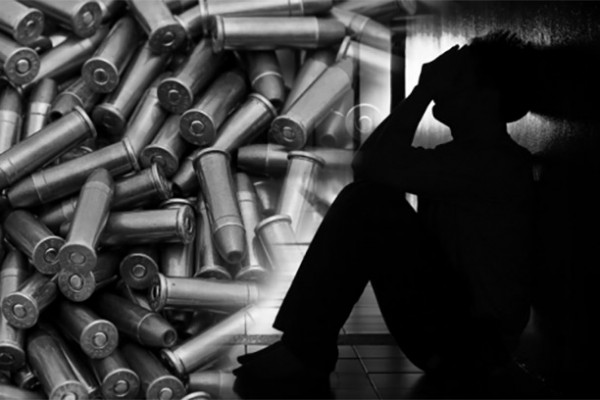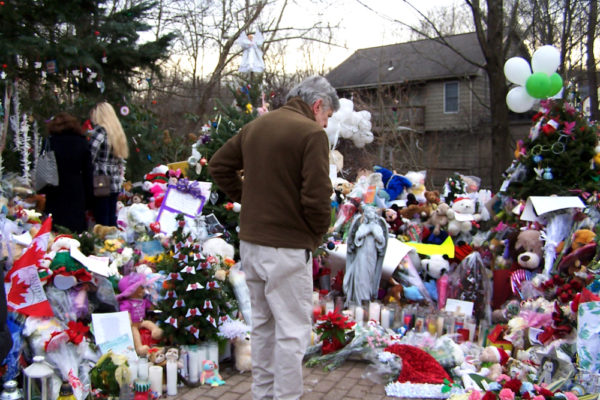Harris Institute submits testimony to U.N. on gun violence in the United States
As part of its work on gun violence and human rights, the Whitney R. Harris World Law Institute at Washington University in St. Louis has submitted comments to the United Nations Human Rights Committee ahead of the group’s periodic review of the United States, urging stronger action on gun violence.
Failure to prevent gun-related violence may violate international human rights
Washington University in St. Louis School of Law students will conduct in-depth research examining U.S. government responses to gun violence and whether they violate America’s obligations under international human rights law.
Violence in Syria, Libya underscores need for convention on crimes against humanity
The violence against peaceful protesters in Libya and Syria drives home the need for an international convention for the prevention and punishment of crimes against humanity, says Leila Nadya Sadat, JD, international law expert and director of the Whitney R. Harris World Law Institute at Washington University School of Law. “The concerted efforts of the international community have helped to bring about a resolution of the Libyan situation, but the situation in Syria continues to deteriorate,” she says. “Reports of civilian roundups in Syria are reminiscent of Nazi roundups of the Jews during WWII. History shows that widespread human rights abuses lead to ethnic cleansing, crimes against humanity and even genocide.”
Cambodians unsure tribunals will heal wounds of mass killings, JAMA study suggests
These skulls, from victims of the Khmer Rouge, are on display in a Buddhist stupa at Choeung Ek, a mass burial site commonly known as one of “the killing fields.”Lessons learned from research into the societal effects of post-Apartheid “truth and reconciliation” hearings in South Africa are now being applied to a U.S. National Institute of Peace-sponsored study of the long-term mental health impact on Cambodians from human rights tribunals targeting the killing of millions by the nation’s former Khmer Rouge regime, says James L. Gibson, a professor of political science at Washington University in St. Louis and co-author of a study published Aug. 6 in the Journal of the American Medical Association (JAMA).
Comedian, Activist Dick Gregory to deliver Black Arts and Sciences Festival Lecture
Acclaimed civil and human rights activist, Dick Gregory, will deliver the Black Arts and Sciences Festival Lecture as part of the Assembly Series on October 29, 2003. The lecture, which is free and open to the public, will be held at 11 a.m. in Graham Chapel, located just north of Mallinckrodt Center (6445 Forsyth Blvd.) on the Washington University campus. Gregory is known for his many achievements in the field of global human rights. Using unique means of nonviolent protest, he has mobilized support for many social injustices worldwide, including the Civil Rights Movement, the Vietnam War, the African famine of the 1980s and, most recently, America’s war on drugs.
War crimes
SadatInternational lawyers, human rights advocates, top government officials and, most recently, the U.S. House of Representatives have urged that Saddam Hussein and other top Iraqi leaders be indicted for the massive atrocities they have committed during the past two decades. Leila Nadya Sadat, professor of law at Washington University in St. Louis and an expert on international war crimes tribunals, notes that the current military action could make effective and legitimate war crimes prosecutions much more difficult.


